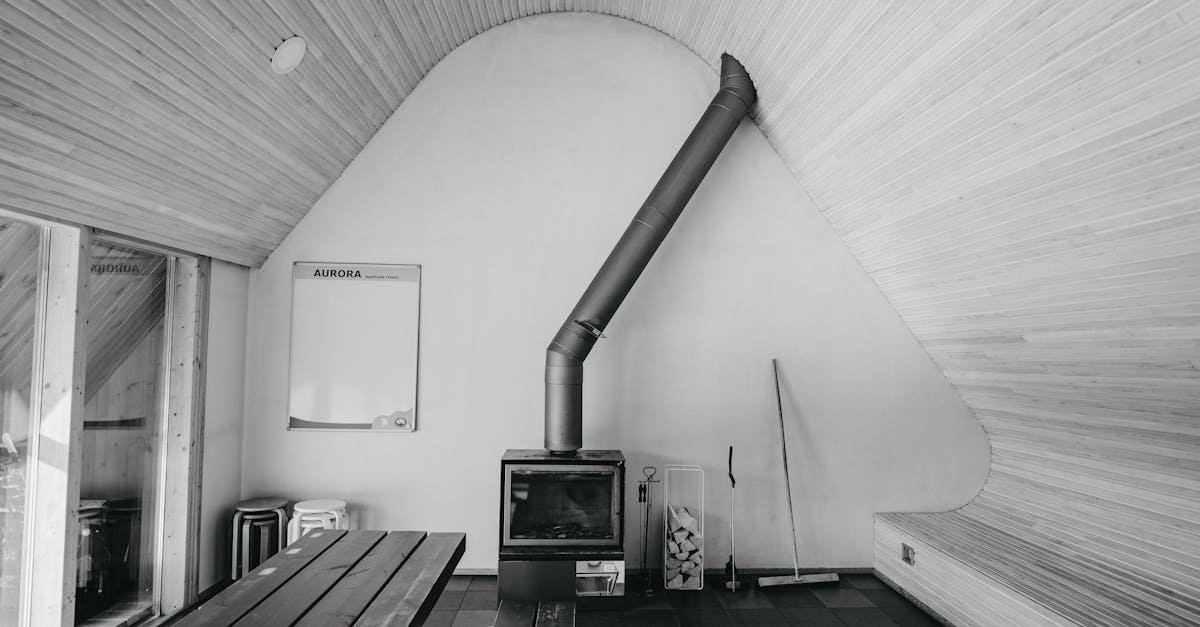When deciding between heater repair and replacement, it often boils down to cost, age, and efficiency. If your heater is relatively new and the repair costs are low, fixing it might be the best option. But, if your system is old and repairs are becoming frequent, investing in a replacement could save you money in the long run.
Understanding the signs that indicate whether to repair or replace can help you make an well-informed choice. A well-maintained heater can last for years, but recognizing when it’s time for an upgrade can enhance your comfort and reduce energy bills. Let’s explore the key factors to consider in this critical choice.
Heater Repair Vs Replacement: An Overview
Deciding between heater repair and replacement depends on several crucial factors. Cost plays a significant role. If repairs are minor and the heater is relatively new, repairing may save you money. But, frequent repairs on an older system indicate replacement could be a better long-term investment.
Age also matters. Heaters typically last 15 to 20 years. An older unit nearing the end of its lifespan often requires constant maintenance. This can lead to higher costs over time.
Efficiency is another factor. Newer models offer better energy efficiency, which lowers your utility bills. A more efficient heater can enhance your home’s comfort and reduce energy costs significantly.
Recognizing key signs helps you make an informed choice. These signs include:
- Frequent Breakdowns: If your heater requires repairs multiple times a year, consider replacement.
- Rising Energy Bills: Excessively high utility costs often signal inefficiency.
- Uneven Heating: Cold spots in your home suggest the system isn’t working properly.
- Age of the Heater: If your heater exceeds 15 years, weigh your options carefully.
Weigh these factors when assessing your heating system. Understanding these elements helps you decide whether repair or replacement best meets your needs.
Key Factors To Consider
When deciding between heater repair and replacement, several key factors play a crucial role. These include the age of the heater, frequency of breakdowns, and overall efficiency and performance. Consider each carefully to make the best choice for your home.
Age Of The Heater
The age of the heater significantly affects your decision. Most heaters last between 15 to 20 years. If your system is nearing the end of this range, replacement might be wise. Older heaters lack modern features and efficiency. Investing in a new heater often pays off in the long run, saving on energy costs and ensuring reliable warmth.
Frequency Of Breakdowns
A heater that breaks down often isn’t just a nuisance; it’s a sign of potential replacement. Frequent repairs indicate that your system struggles to function. If you face multiple repairs each year, it’s smart to evaluate replacement options. One major breakdown may be acceptable, but repeated issues typically signal that the heater is nearing the end of its life.
Efficiency And Performance
Modern heaters offer improved efficiency compared to older models. Newer systems can result in lower energy bills and better temperature control. If your heater struggles to maintain consistent heating or consumes excessive energy, consider an upgrade. Many models today also include advanced technology for better performance and reduced environmental impact. Evaluating efficiency helps you determine if repair or replacement is the more economical choice.
Cost Analysis
Analyzing costs is crucial when deciding between heater repair and replacement. Understanding your options can save you money and stress.
Initial Repair Costs
Initial repair costs can vary widely. Minor repairs may range from $100 to $300, depending on the issue. Major repairs, like replacing a heat exchanger, can amount to $1,000 or more. For newer heaters, these repair costs often make sense. If you only face occasional issues, a repair is usually a good investment.
But, frequent repairs signal a deeper problem. If you spend several hundred dollars each year on repairs, consider whether it’s worth it. A good rule of thumb is the 50% rule: if repairs exceed half the cost of a new unit, replacement often becomes the smarter choice.
Long-Term Replacement Costs
Replacement costs go beyond the initial purchase price. On average, a new heater can cost between $2,500 and $5,000, depending on the model and installation complexity. While the upfront cost is significant, consider long-term savings.
New models often boast higher efficiency ratings. This translates to lower utility bills. For instance, upgrading from a 70% efficient unit to a 95% efficient one could save you up to 30% on heating costs. Over time, you may recover the initial investment through savings.
Maintenance is another factor. New heaters typically require less upkeep and provide warranties, further reducing overall costs. Evaluate these long-term benefits to gauge the real cost of your decision.
Environmental Impact
Heater repair and replacement choices significantly affect the environment. When you repair a heater, you extend its lifespan. This action reduces waste and decreases the need for manufacturing new units. A longer-lasting heater means less material and energy consumption overall.
Choosing to replace a heater, but, can lead to improved efficiency. New heaters often comply with stricter energy standards. These models use less energy, thereby lowering greenhouse gas emissions. According to the U.S. Department of Energy, modern systems can yield energy savings of up to 30%.
Frequent repairs can indicate inefficiency. An old, inefficient unit may consume more energy, leading to higher utility bills and a larger carbon footprint. Assessing the age and condition of your heater helps determine if replacing it offers environmental benefits.
If you opt for replacement, consider the disposal of the old heater. Proper disposal methods include recycling parts and materials. Many manufacturers provide recycling programs for old units. This step minimizes landfill waste and promotes sustainability.
Eventually, your decision impacts both your wallet and the planet. Balancing repair costs against environmental consequences sharpens your focus on making an informed choice. Each action, whether repair or replacement, sends ripples through the environment.
Conclusion
Deciding between heater repair and replacement is a significant choice that impacts your comfort and finances. By weighing the age of your heater against repair costs and efficiency, you can make a more well-informed choice. Pay attention to signs like frequent breakdowns or rising energy bills that may indicate it’s time for a change.
Investing in a new, efficient model not only enhances your home’s comfort but can also lead to long-term savings on energy bills. Remember to consider the environmental impact of your choice, as both options have their benefits. Eventually, taking the time to evaluate your specific situation will help you choose the best path forward for your home and budget.








